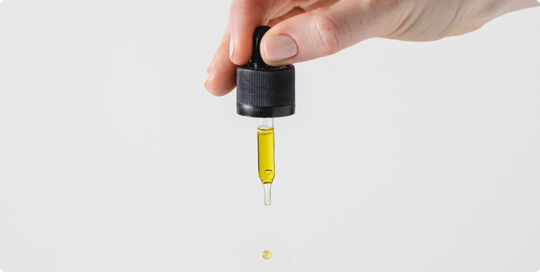About CBD oil
CBD, or cannabidiol, is a non-psychoactive substance found in the plant and flower of hemp that has not been researched by scientists for a long time because it was considered an inactive ingredient in the hemp plant.
Its research began in the 1940s, but its chemical formula was only described later, in 1963, in Israel. CBD itself is the most abundant phytocannabinoid in the plant (you can read more about phytocannabinoids in our Blog). Research in the 1970s and 1980s has shown that CBD is effective in treating epileptic seizures and other nervous or immune system diseases, among others. CBD oil is gaining more and more recognition due to its versatile usability. In accordance with domestic legislation, CBD oils cannot be sold as a dietary supplement, which is why the products we sell are marketed as cosmetics, similar to products available elsewhere on the market.


The use of CBD oils is legal throughout the European Union and the United States, as well as in most countries around the world. However, the THC content needs to be monitored in several places. Within the European Union maximum 0.2% THC is allowed in products. In 2017, the WHO published a list of diseases for which CBD may have therapeutic benefits. The list included diseases such as Alzheimer’s disease, Parkinson’s disease, Cancer, Inflammatory bowel and Chron’s disease, or Diabetic complications. (The full list can be found on page 18 of the document: https://www.who.int/medicines/access/controlled-substances/5.2_CBD.pdf)
Overall, CBD is widely used, but currently, due to limited research results, it is worth consulting a doctor before taking it, especially if you are taking a drug continuously.